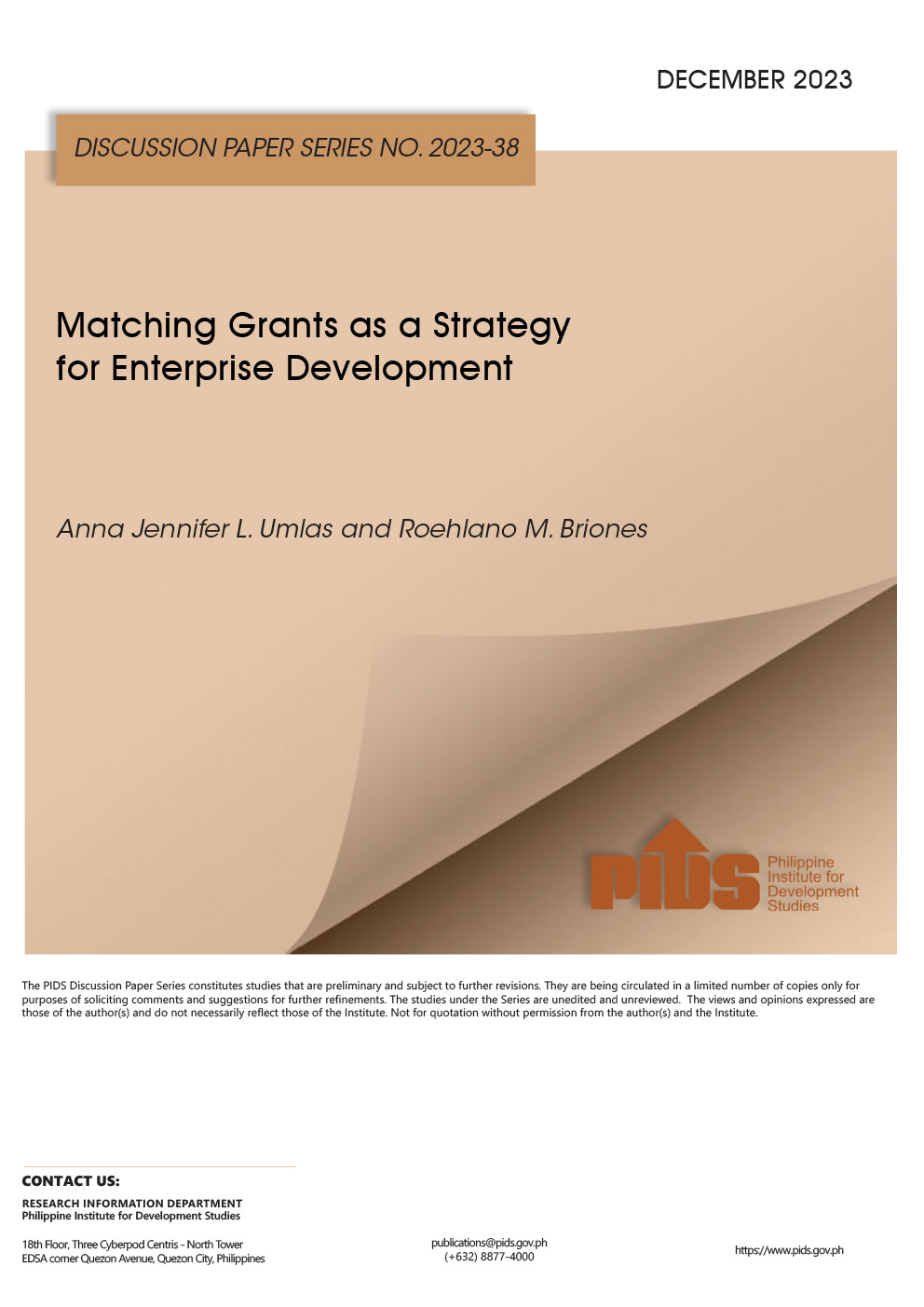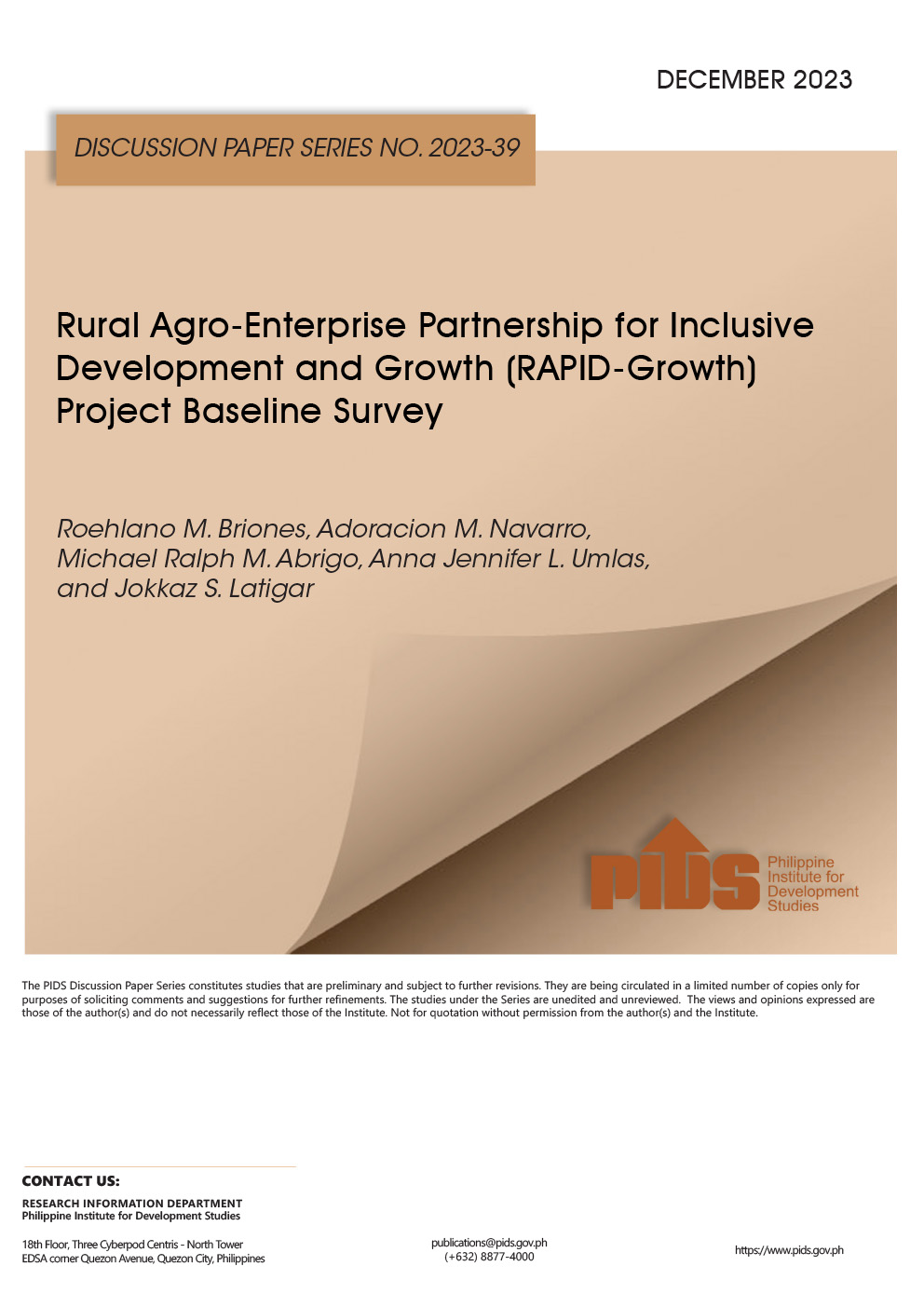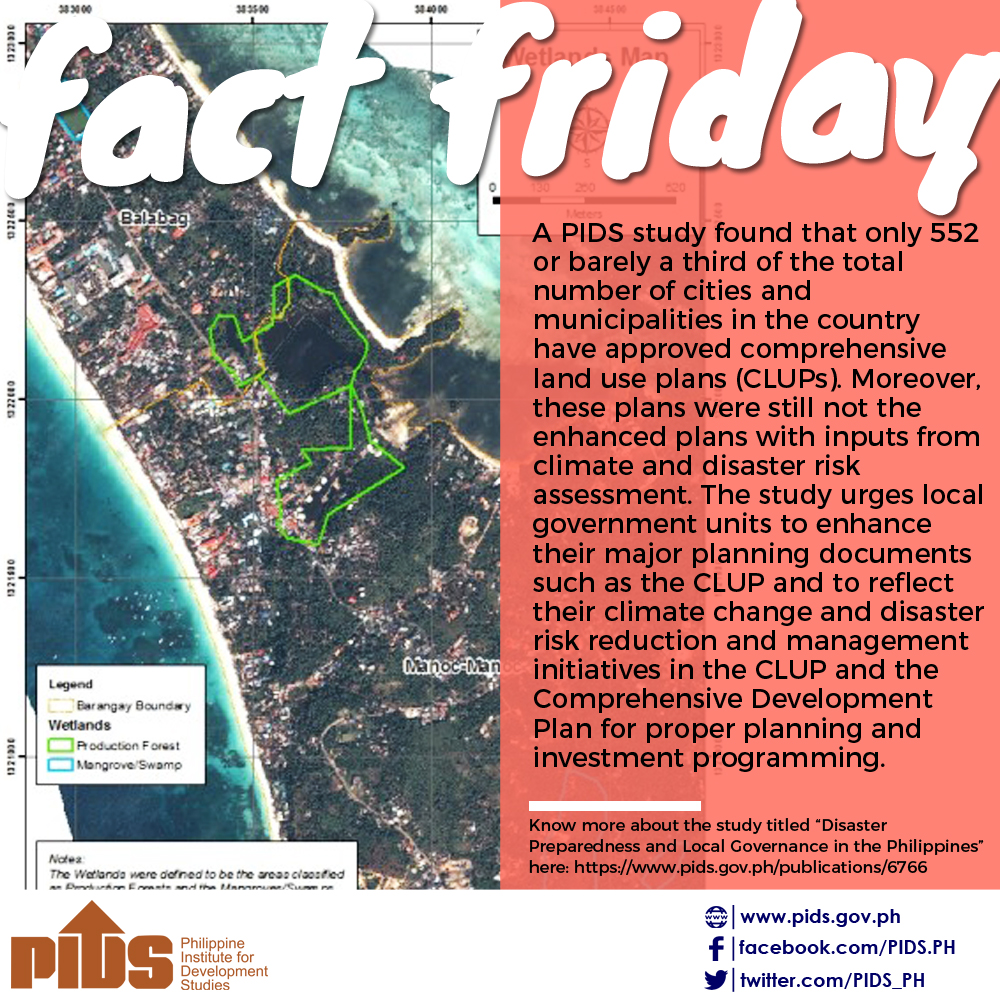Newly appointed Department of Agriculture Secretary (DA) Francisco Tiu Laurel Jr. said he is planning to reactivate the Bureau of Agricultural Statistics (BAS) to manage data on production and demand amid over-importation issues on agricultural products.
Asked how he would address the issue of over-importation of meats and poultry products, the Agriculture chief said he would have to look at the data of production versus demand.
“The problem right now is medyo incomplete ‘yung data that is available. ‘Yung data natin hindi ganun ka-accurate. I’m not blaming anybody on this,” Tiu Laurel said at a media briefing in Quezon City on Monday.
Tiu Laurel had been appointed as the new secretary of the Department of Agriculture (DA) by President Ferdinand R. Marcos Jr. last Friday.
As the new head of the Agriculture department, Tiu Laurel stressed that “one of the major things that I have to do from the start is to bring back, if possible ‘yung Bureau of Agricultural Statistics so that we will have accurate data.”
He also emphasized, “I’m not for importation. I am pro-production,” adding that he was a producer in his “past life.”
“While I import, I produce a lot more so I believe that the Filipinos can produce more. But then we have to really import when it is needed. But in order to make the right balance, we have to have the right demand to be managed properly,” Tiu Laurel said.
Tiu Laurel divulged during the same briefing that his key thrusts as the new head of the agency would be to increase food production and modernize agriculture.
In a statement on Monday, DA said Tiu Laurel shared that the marching order of the President is to modernize agriculture so the country could be “food secure, less dependent on imports and lift millions of farmers and fisherfolk out of poverty by the time his term ends.”
For his part, DA Assistant Secretary Arnel De Guzman said the BAS is expected to cover different commodities and this will go hand in hand with the price and volume watch body, which serves as a platform for production guidance among industry stakeholders.
Last January 2023, the agriculture department reactivated its price and volume watch body to ensure proper coordination with the livestock and poultry stakeholders in securing the country’s meat supplies.
According to an earlier story published by the BusinessMirror, Senior Agriculture Undersecretary Domingo F. Panganiban issued Special Order (SO) 19 that ordered the recomposition of the price and volume watch committee and advisory groups for livestock and poultry.
Agriculture Assistant Secretary Kristine Y. Evangelista earlier said the revival of the price and volume watch group had long been proposed since it serves as a platform for production guidance among industry stakeholders.
Evangelista noted that the body guides stakeholders whether there is enough supply or shortfall and therefore helps them in deciding whether to increase their production or not.
“It is also helpful to the department since we would have better projections regarding the sufficiency of our meat commodities,” Evangelista told reporters in January 2023.
Meanwhile, according to a study published by the Philippine Institute for Development Studies (PIDS) in 2009, “one of the critical factors in import decision making is rice production,” noting that importation has remained as one of the most “feasible” options for the government to meet the growing demand for rice.
With this, the 2009 study noted that it is imperative for the government to develop a strategy that would ensure “adequate” supply and minimum importation costs.
Further, the study said the Inter-Agency Committee on Rice and Corn, where the National Food Authority and Bureau of Agricultural Statistics are members, decides on importation when there is an impending production shortfall in the coming season.








